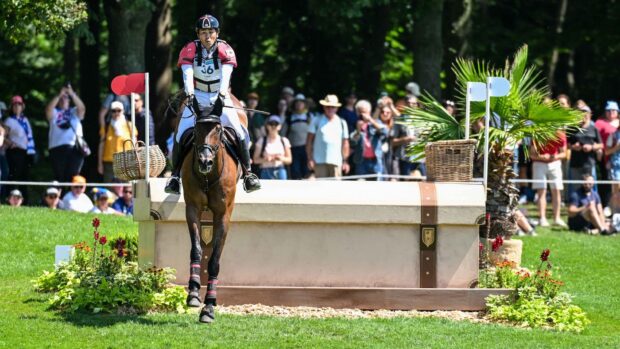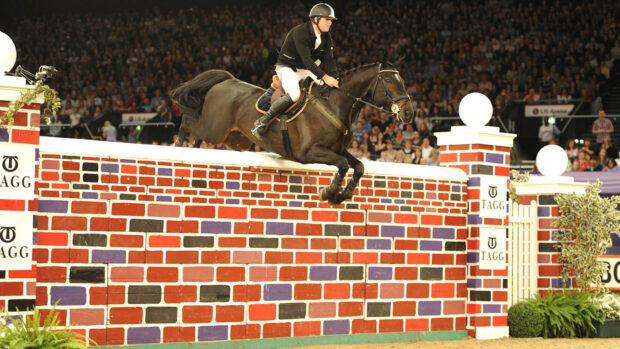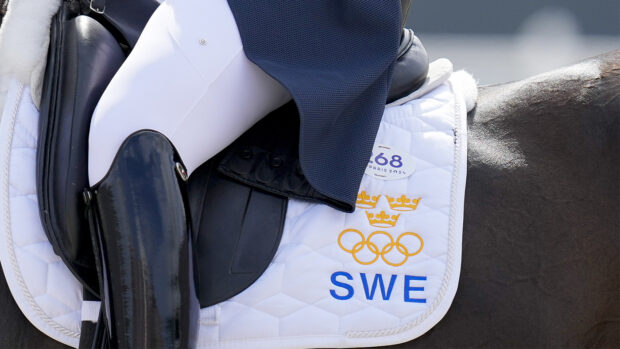Preventing serious welfare cases
Equine charity World Horse Welfare has launched a new initiative in the hope of “preventing serious welfare cases by providing early intervention”. Help for Horse Owners is a new compassionate advice and support service, which aims to help owners struggling to care for their horses “before situations spiral out of control”. Owner Jo contacted the charity when she became ill and was struggling to care for her ponies. “I was in a real pickle and called World Horse Welfare for advice. I spoke to a lovely lady on the phone and she arranged a visit from Penny, who came to meet me and the ponies. I can’t say how helpful she was, she didn’t judge me but explained the various options and was there for me to talk through each one,” said Jo.
Find out more about the service
Top jockey retires
Seven-time Grade One-winning jockey Jamie Moore has retired from the saddle following doctors’ advice. The former champion conditional partnered Sire De Grugy to Grade One glory on five occasions, including two Tingle Creeks and the 2014 Queen Mother Champion Chase. Jamie piloted 968 winners in his 22-year career, scoring his first top-flight victory in the 2005 Ascot Chase aboard It Takes Time. He sustained serious injuries in a fall at Lingfield in November 2023 and has been medically advised not to race-ride again. “I will hugely miss the weighing room,” said Jamie. “There have been some ups and plenty of downs but everyone is always there for you. You’ve all been top class. It’s impossible to put into words how thankful I am to each and every one of you.”
Genetic link in fractures
A research team looking into genetic risks of fracture in thoroughbreds has found a reason as to why some horses have a higher risk than others. Royal Veterinary College (RVC) senior research fellow Dr Debbie Guest led the study. It found that horses with lower levels of collagen type III, which is a gene required for normal bone function, have a higher risk of fracture. The research also enabled the RVC to develop systems to identify genetically high-risk horses. Iit is hoped that further studies building on these findings will help identify other genes and processes, to better understand why some horses are inherently more susceptible to fractures.
You might also be interested in:

Subscribe to Horse & Hound magazine today – and enjoy unlimited website access all year round

Rising costs and late entries among complex factors that make greenfield events harder than ever to run

British five-star winner sold as potential Olympic mount – but not leaving his stable

Stellar entries for first eventing fixtures, plus high-profile horse moves and key comebacks
Horse & Hound magazine, out every Thursday, is packed with all the latest news and reports, as well as interviews, specials, nostalgia, vet and training advice. Find how you can enjoy the magazine delivered to your door every week, plus options to upgrade your subscription to access our online service that brings you breaking news and reports as well as other benefits.





